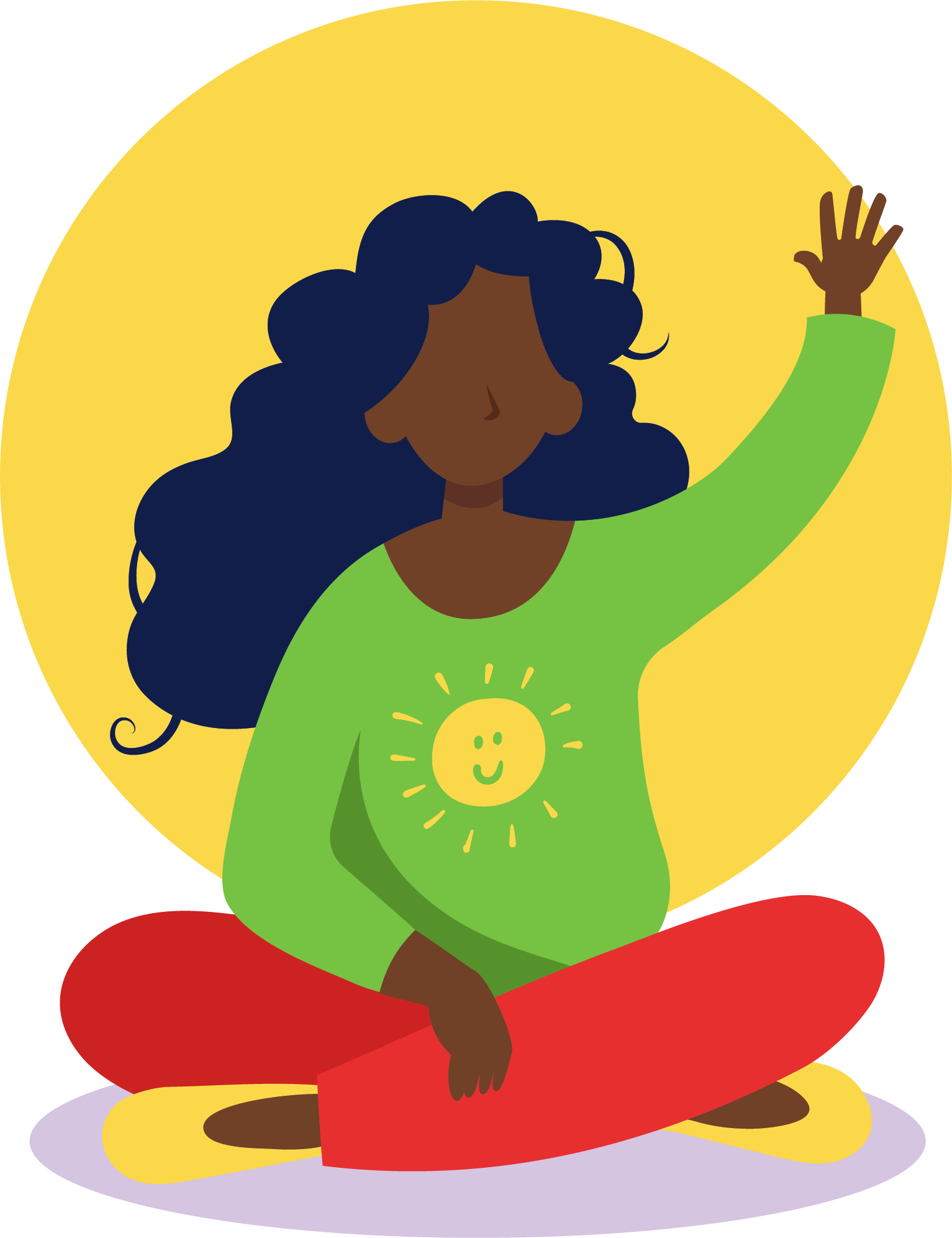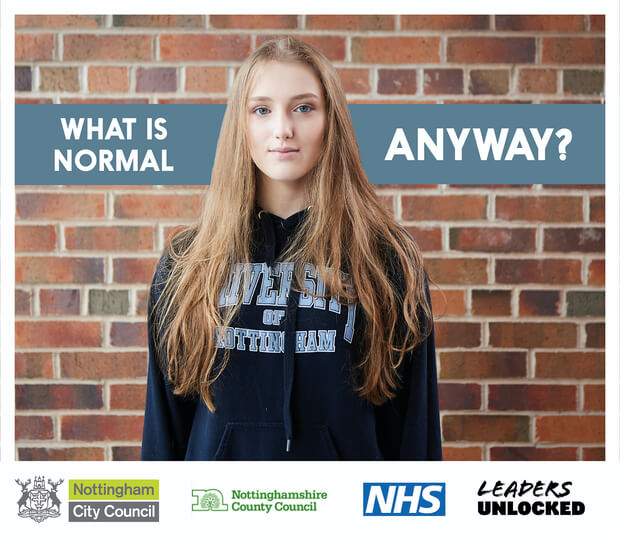What is online safety? Why is it important?
Children today are growing up in an increasingly complex world, living their lives seamlessly on and offline. This presents many positive and exciting opportunities, but also challenges and risks. Children of all ages are accessing the internet, whether that be by their own phone/tablet/laptop or by a device that belongs to their parent/carer/friend/school (this could include devices like TVs, smart speakers or gaming consoles too). It is never too early to start talking to children about how to be safe online.
Children should be made aware of the possible threats that they may encounter whilst they are online and what they can do to prevent these or minimise potential harm. Key topics to discuss with children include how they can protect and manage their personal data, how to avoid and report harmful or illegal content and how being online can affect mental health and wellbeing. It’s important that children know who they can speak to if they’re unhappy about something they’ve seen/done/experienced online – this could include their parents/carers, another safe and trusted adult in their life, or perhaps a reputable organisation online.
Depending on your own experiences of being online, it can be really tricky or overwhelming as a parent to try and have conversations with your children about online safety – sometimes you may be worried about not having enough knowledge or feel that a topic is too difficult or awkward to broach. There are so many helpful websites and resources now to help you feel informed about the latest apps, online trends and challenges facing our children. There are some brilliant conversation guides and sentence starters too, so you can follow a framework in how to have these conversations with your children.
The more we talk about online safety, the more likely we are to prevent and mitigate the risks that are involved with using digital technologies, platforms, and services. Once the risks are managed, the internet can be enjoyed free from harm and to enormous benefit.
Who is at risk online?
Anyone can be vulnerable online and a person’s vulnerability can fluctuate depending on their age, developmental stage, and personal circumstances. However, there are some children, for example looked after children, children who have special educational needs and children with mental health difficulties, who may be more susceptible to online harm.
This vulnerability does not mean that a child should not go online, instead it means that the child may need more support or supervision when online and they may need extra steps in place to support them if something goes wrong. An additional layer of protection whilst your children are online may come from having a variety of parental controls in place.
Generally, the potential risks that children may encounter online can be separated into four different categories. These are often referred to as the ‘4 Cs of Online Safety’.
The 4 Cs of Online Safety:
- Content – the things that children may see online (including both accidentally and on purpose).
- Contact – the other people and users that children may interact with online, including on a 1:1 basis, group setting or indirectly witnessing another person’s behaviour.
- Conduct – the behaviour of the child or their peers which may increase the likelihood that they will experience harm, including the way they behave on sites, apps and in general online.
- Commerce (sometimes referred to as ‘contract’) – the risks associated with data, personal information, and spending money online, including legitimate purchases too.
How can we support children with Online Safety?
Parents, carers and families can support children by encouraging open and honest conversations about being online – wherever possible, this should not focus on telling children off, but instead be focussed on what they like to do online, whether they have social media, who they like to speak to, what games they like to play etc. Some parents/carers find that going online with their children, particularly when they are younger, or playing games alongside them etc. can help facilitate these conversations and make them part of everyday family life.
If you’d like to have conversations with your children about their lives online, but you’re not sure where to start or how to have these conversations – check out these conversations guides.
Children should be regularly reminded about who they can speak to if they have concerns or worries (regardless of whether these are relating to their worlds on or offline) and be reassured that even if they’ve done something wrong, support will be there for them.
Some families find it beneficial to have clear boundaries in place about when children are allowed online and how long they have access to their devices after school or before bed. Having these conversations and agreements in place can often help to avoid conflict and can allow children to understand the reasons why there are certain rules (e.g., too much time on devices before bed can affect sleep). If you’d like to see examples of these boundaries and rules – check out these family agreement templates.
In order to minimise the likelihood that children will come across harmful material online, or to restrict certain behaviours or visits to specific sites, some parents/carers choose to put parental controls in place on their children’s devices or on their home Wi-Fi.
Parental controls often add an extra layer of protection and reassurance – check out more information about the different types of parental controls and how you can implement them. You can also learn how to set up your child’s new devices.
Below are some reporting sites if you have concerns:






You Are #NOTTALONE
Follow us online and continue the conversation